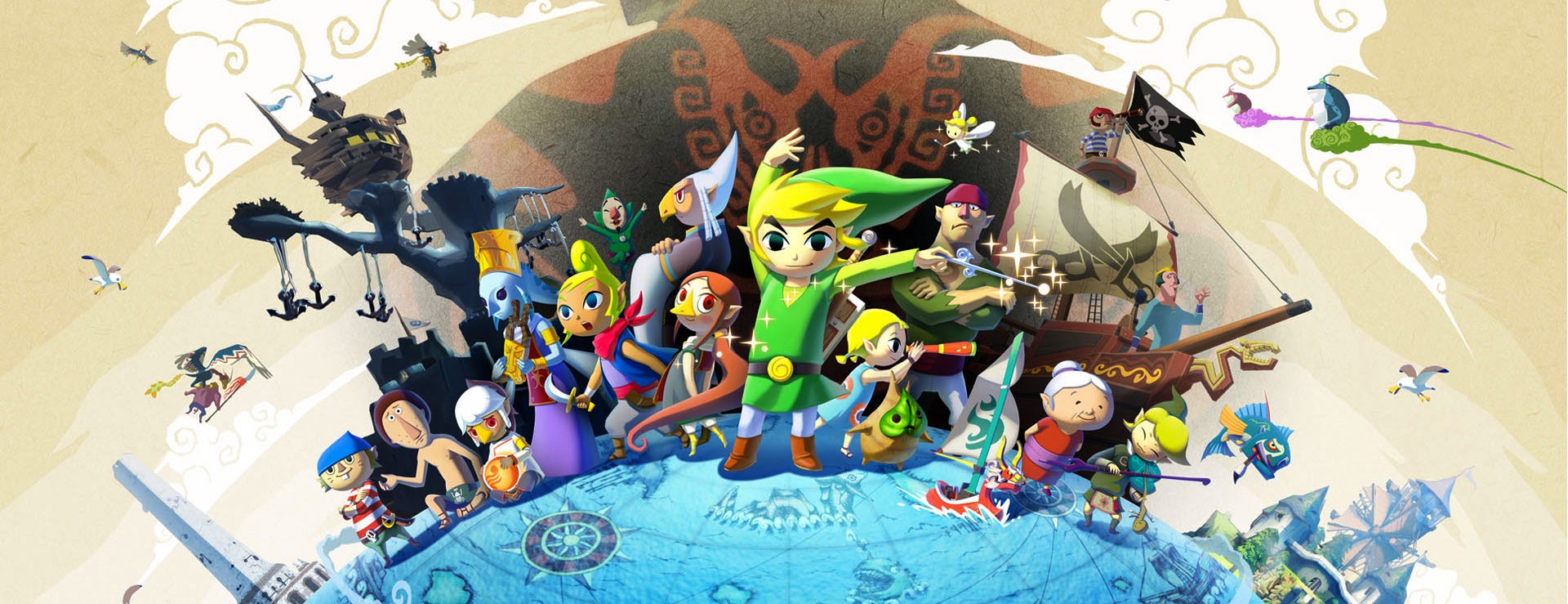the-pi-guy said:
You didn't understand what he was saying whatsover.... . He's saying that we don't know how many people would or wouldn't have bought the game. Let's say 30,000 people download game X. 20 of them were thinking about buying it and would have if it wasn't available for download. That means 20 out of those 30,000 people have negatively impacted the sales of game X. He's not suggesting that 25 people are responsible. He's pointing out that of course there are going to be people that would have bought the game, that pirated it anyway. |
Actually, I think he understood the post perfectly well. The problem in this thread so far is the extreme disconnected arguments between what the OP article claims and is titled in comparison to what has since been argued throughout the thread. The goalposts have been shifted from a doubling in revenue from piracy to merely saying that piracy affects sales in some theoretical way. Nobody in this thread has ever argued against the latter, but again, the goalposts are shifting from the original ideas in the article.























































